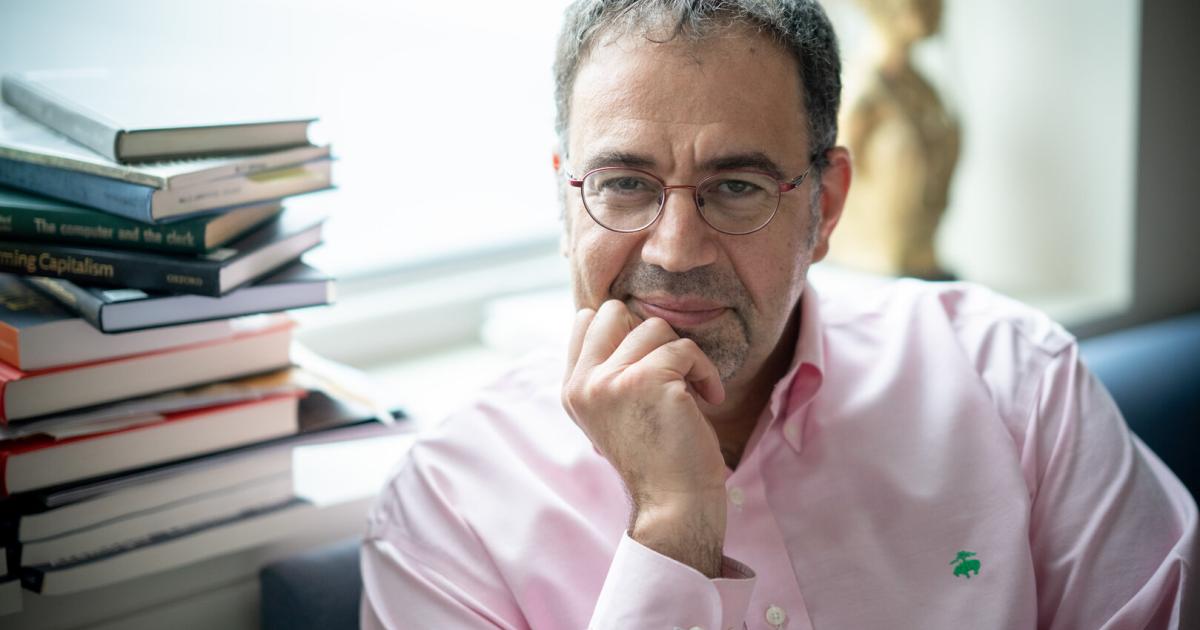50 years after the Nobel Prize in Economics was awarded to the only Austrian to date, Friedrich August von Hayek (1899–1992), US researchers were once again awarded the coveted prize on Monday. Americans top the list by a wide margin.
The Royal Swedish Academy of Sciences awarded the prize Daron Acemoglu, Simon Johnson und James A. Robinson“for studies of how institutions emerge and affect prosperity.”
The 20 percent richest countries are around 30 times richer than the poorest 20 percent. The researchers have provided explanations as to why this is the case. It is “one of the greatest challenges of our time” to reduce the large income differences between countries, said the academy. The prize winners demonstrated the role of social institutions in this process.
Daron Acemoglu is a professor of economics at the renowned Massachusetts Institute of Technology (MIT). The Istanbul-born economist is one of the ten most cited economists and is already a recipient of the John Bates Clark Medal, which is considered a precursor to the Nobel Prize.
IHS Director Holger Bonin said that he had long seen Acemoglu as worthy of a Nobel Prize – but for his research in the field of labor market. Acemoglu’s research has a “very broad profile”; he also works on the effects of artificial intelligence on the job market. Acemoglu combines extremely applied research with a “very, very clean theory” on growth and institutions.
He caused a stir in April 2011 when, in a newspaper interview, he described Josef Ackermann, the then head of Deutsche Bank, as “one of the most dangerous bank managers in the world”.
The third prize winner, James A. Robinson is a political and economic scientist. British-born Robinson was a professor at Harvard University and was appointed professor at the University of Chicago in July 2015. He is considered one of the world’s leading experts on development aid in Latin America and Africa. He worked in Botswana, Mauritius, Sierra Leone and South Africa. Together with Acemoglu he has authored three books, including the business bestseller “
Last year, the US economist by Claudia Gold was honored for her research on the role of women in the labor market. The Nobel Prize in Economics has only been awarded since 1969. It is donated by the Swedish central bank. At the price it takes into account the growing importance of economic issues.
The prize, correctly called the “Alfred Nobel Memorial Prize for Economic Sciences”, is counted among the Nobel Prizes, although it does not go back to the will of the dynamite inventor and prize donor Alfred Nobel, but was donated by the Swedish Riksbank. The winners receive the same prize money as the “real” Nobel Prizes, which is 11 million Swedish crowns (970,000 euros) per category.
